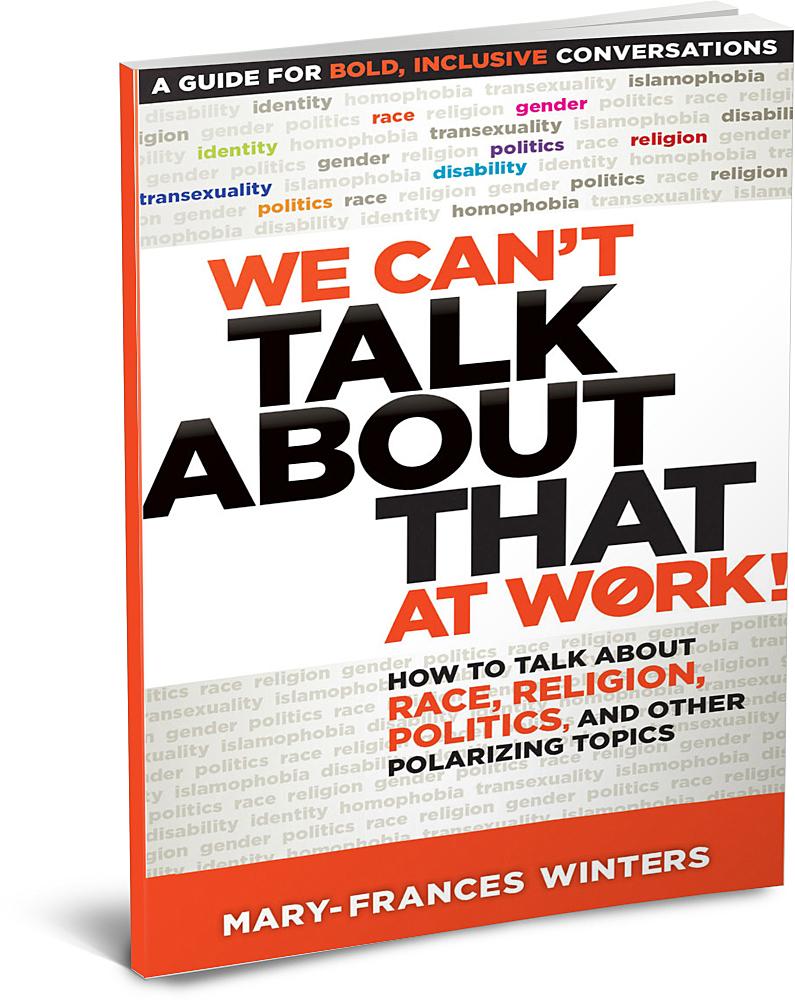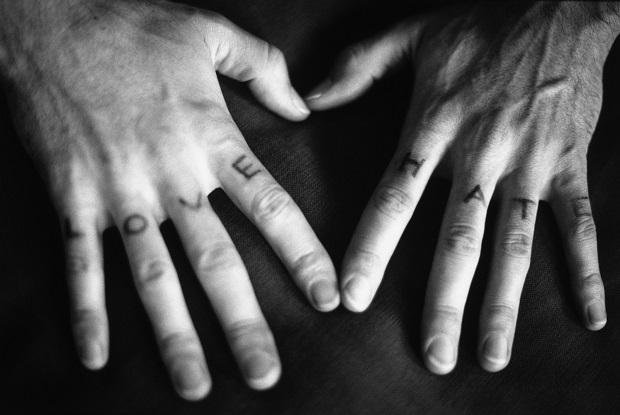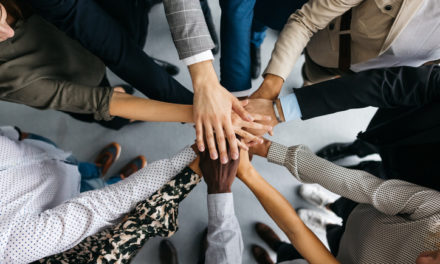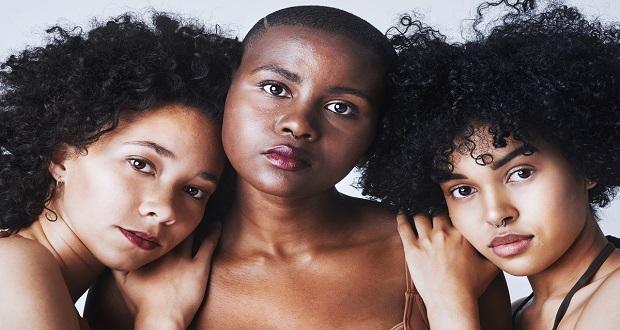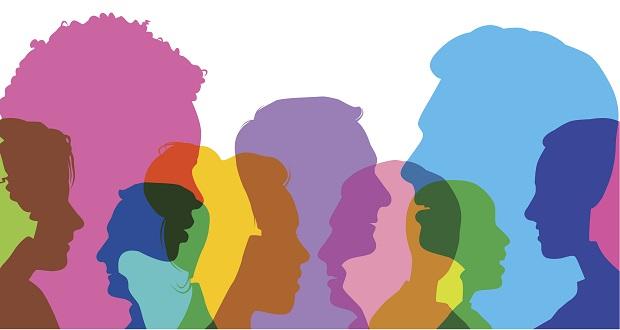
Last week, we introduced our feature series on “Engaging in Bold, Inclusive Conversations.” In preparation for the release of Mary-Frances Winters’ new book, We Can’t Talk About that At Work! How to Talk About Race, Religion, Politics and other Polarizing Topics, we’ll use this series to highlight some of the conditions and competencies required for having effective dialogue across difference shared in the book. This week, we focus on the role of “Self- and ‘Other-’ Understanding.”
In the book, Mary-Frances Winters posits that one’s capacity to engage in bold, inclusive conversations is a journey that requires fostering cultural self-understanding, addressing our biases, and understanding the role of power and privilege. Investing time to understand oneself and the perspectives of one’s cultural ‘others,’ is requisite to engaging in these, often time difficult, conversations. As a matter of fact, this phase of self and other understanding can be difficult, in and of itself.
Our identity is core to who we are. Whether it is our race, ethnicity, gender, sexual orientation, religion, veteran status, or even roles as parents, these aspects of our identity shape our worldview. They influence how we view and respond to current events, what we interpret as right or wrong, and what we stand for or against. It is important for us to understand why we believe what we believe, and why we disagree with those things we disagree with if we are to be effective in having bold, inclusive conversations. Mary-Frances Winters acknowledges that this may cause discomfort and requires courage:
…our identity groups are linked to a broader historical and social context. Sometimes history is uncomfortable and traumatic, which can make some of us fearful of having these discussions and more inclined to want to forget (or even deny) the past… Instead of avoiding these conversations, we must identify strategies that alleviate our fears and position us to effectively engage in bold conversations to solve these menacing problems…. As part of your self-discovery process, really probe why you might be afraid of having a bold conversation. Try to lean into your discomfort. Most things that are hard create some level of discomfort. By the same token, facing the difficulty and working through it brings satisfaction in the end.
(Excerpt: We Can’t Talk About That at Work! How to Talk About Race, Religion, Politics, and Other Polarizing Topics)
So, what can you do? Consider completing and reflecting on the following checklist. Be honest with yourself and take your time. If there is question that you found particularly difficult to answer, it may require deeper introspection or further research.
[dropshadowbox align=”none” effect=”none” width=”auto” height=”” background_color=”#dddddd” border_width=”1″ border_color=”#f2cf23″ ]
- Who am I culturally? Where did I grow up? What was the culture of my community? What did I learn about right/wrong or good/bad?
- What are my values and beliefs, and how have they changed over time?
- What is my cultural identity? (e.g. race/ethnicity, generation, religion, education, socio-economic status)
- How does my cultural identity shape who I am and how I think?
- What is my orientation towards difference?
- “Us/Them:” People are different, but I think my cultural group’s norms are better.
- “Color-Blind:” We are all the same as humans. We are more alike than different.
- “Differences Make a Difference:” Differences are normal, inevitable, and something to learn about.
- What is the history of the other group—from their perspective?
- Expand your understanding by engaging in experiences or new learning (e.g. books, research, biopics, etc.) that reflect the perspectives of your ‘others.’
- What do I know about the values and beliefs of other groups, and how they were shaped?
- Do I understand power & privilege?
- Do I belong to cultural identity groups that have traditionally held power/privilege or been historically marginalized?
- What are the underlying systems that impact outcomes for the group(s)?
- Challenge inclinations or biases that position inequities as result of ‘cultural flaws’ of the group. Dig deeper.
- What do I know in general about cultural differences?
- Consider differences that may exist in communication styles, cultural norms, individualistic vs. group-oriented cultures, etc.
[/dropshadowbox]
Next week, we’ll explore how to Assess Readiness when engaging in bold, inclusive conversations.
In the meantime, you can purchase your copy of We Can’t Talk About That At Work! How to talk about Race, Religion, Politics, and other Polarizing Topics on Amazon.
